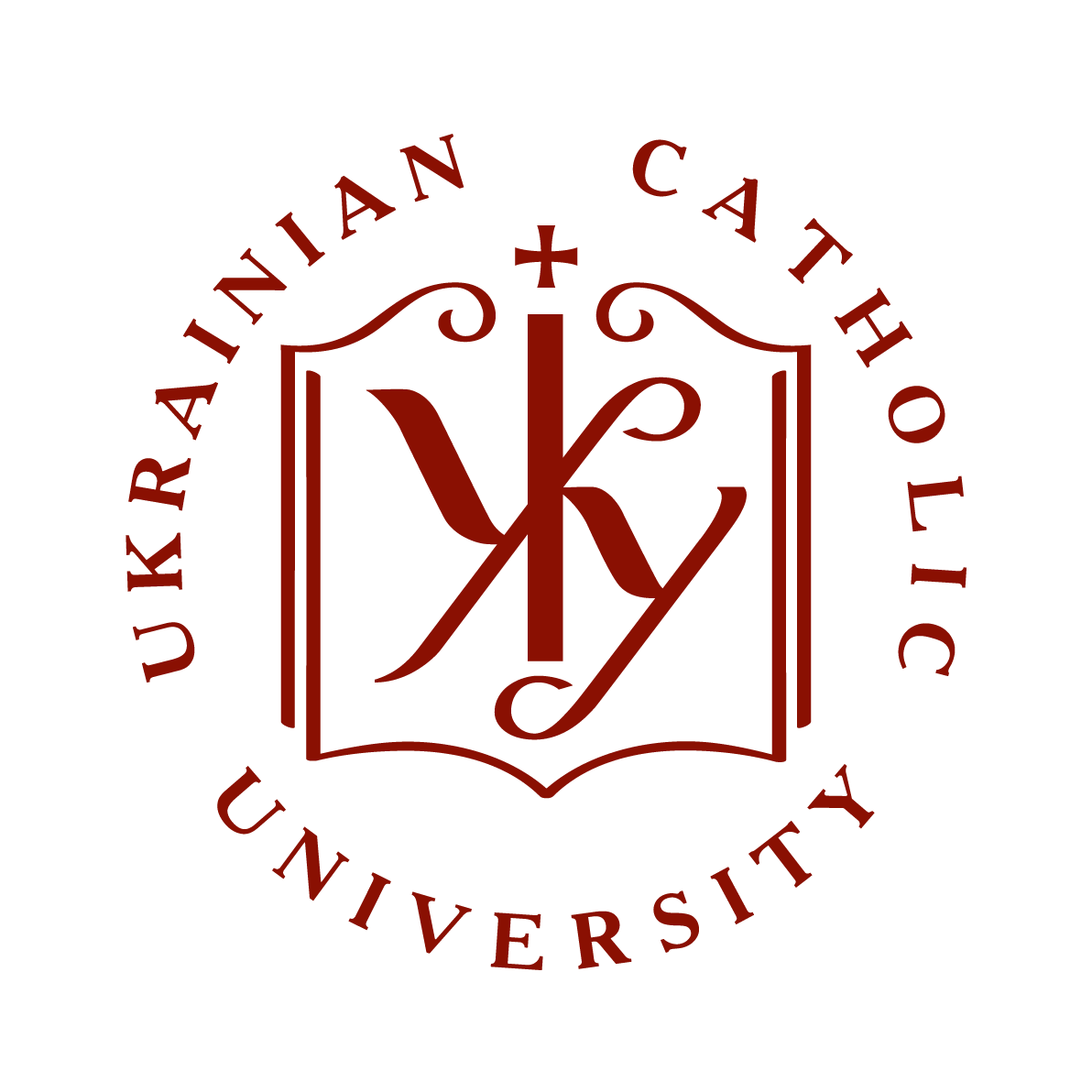- Home
- →
- Graduate School | Докторська школа
- →
- Статті
- →
- View Item
Сценарії JavaScript вимкнено для Вашого браузера. Деякі функції цього сайту не будуть працювати без них.
| dc.contributor.advisor | ||
| dc.contributor.author | Vintoniv, Yuliia
|
|
| dc.contributor.author | Вінтонів, Юлія
|
|
| dc.date.accessioned | 2021-03-12T08:01:47Z | |
| dc.date.available | 2021-03-12T08:01:47Z | |
| dc.date.issued | 2020 | |
| dc.identifier.citation | Vintoniv Y. Objectivity of the Subjective in the Phenomenological Hermeneutics of Paul Ricœur: the Question of the Methodology of Interdisciplinary Theological Research // Studia UBB Theologia Catholica Volume 65 (LXV), January-December, 2020, 171 – 183. | uk |
| dc.identifier.uri | https://er.ucu.edu.ua/handle/1/2577 | |
| dc.description.abstract | L’objectivité et la subjectivité dans l’herméneutique phénoménologique de Paul Ricoeur : la question de la méthodologie de la recherche théologique interdisciplinaire. L’article propose un bref aperçu de la méthodologie du philosophe français Paul Ricoeur dans le contexte de la recherche théologique. Cette méthodologie donne l’occasion d’explorer l’expérience humaine dans le discours scientifique. L’herméneutique phénoménologique élargit les horizons de la méthodologie habituelle et montre la relation entre subjectif et objectif, immanent et transcendantal dans l’expérience humaine. L’article souligne l’importance de catégories clés telles que l’Autre, la confiance, l’humilité d’un chercheur, etc., qui constituent un outil indispensable pour étudier des textes sur l’expérience existentielle, religieuse et critique de l’homme dans le discours scientifique des études humanitaires. La relation de confiance avec l’Autre devient la clé de la recherche théologique, puisque Dieu en tant qu’Autre, selon le message de l’apôtre Jean, est reconnu par l’amour pour le prochain (1 John 4: 20- 21). Aimer Dieu est la première tâche d’un théologien, l’Autre est le chemin de cet amour. Les exemples tirés de l’herméneutique phénoménologique de Paul Ricoeur révèlent un lien logique entre la compréhension de l’autre et la compréhension de soi. Il est enfin souligné que l’expérience de chaque personne est une expérience mystérieuse consistant à se transcender au-delà de soi-même. Il s’agit d’une tentative sans fin pour se rapprocher de la véritable image de Dieu. | uk |
| dc.language.iso | en | uk |
| dc.rights | CC0 1.0 Universal | * |
| dc.rights.uri | http://creativecommons.org/publicdomain/zero/1.0/ | * |
| dc.subject | uk | |
| dc.subject | hermeneutics | |
| dc.subject | phenomenology | |
| dc.subject | hermeneutic phenomenology | |
| dc.subject | objectivity | |
| dc.subject | subjectivity | |
| dc.subject | trust | |
| dc.subject | theological research | |
| dc.subject.ddc | DOI:10.24193/theol.cath.2020.07 | |
| dc.title | Objectivity of the Subjective in the Phenomenological Hermeneutics of Paul Ricœur: the Question of the Methodology of Interdisciplinary Theological Research | uk |
| dc.type | Article | uk |
| dc.status | Опублікований і розповсюджений раніше | uk |
| dc.description.abstracten | The article offers a brief overview of the methodology of the French philosopher Paul Ricœur in the context of theological research. This methodology gives an opportunity to explore human experience within scientific discourse. The phenomenological hermeneutics expands the horizons of the usual methodology and shows the relationship between subjective and objective, immanent and transcendental in human experience. The article emphasizes the importance of such key categories as the Other, trust, humility of a researcher, etc., which make an indispensable tool for studying texts about the existential, religious and critical experience of man within the scientific discourse of humanitarian studies. The relationship of trust with the Other becomes the main key in theological research, since God as Other, according to the message of the apostle John, is recognized through love for your neighbor (1 John 4:20-21). Love God is the first task of a theologian, the Other is the way to this love. Examples from phenomenological hermeneutics of Paul Ricœur reveal a logical connection between understanding the Other and understanding of oneself. It is finally emphasized that the experience of each person is a mysterious experience of transcending beyond yourself, this is an endless attempt to come closer to the true image of God. | uk |
| dc.relation.source | Studia UBB Theologia Catholica | uk |
Files in this item
The following license files are associated with this item:



